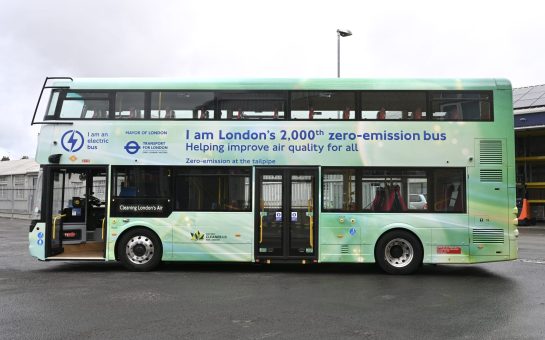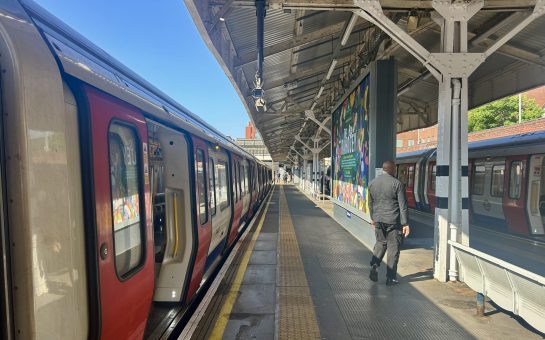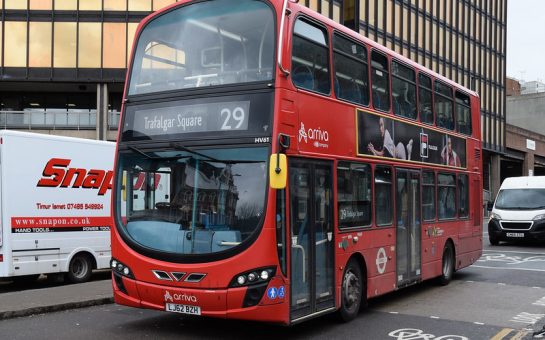Got the January blues? Fear not for London 2012 is just around the corner.

London in January; cold, wet, dark at four, New Year’s resolutions failing and devoid of the comfort and euphoria of the festive period, leaving an emotional and financial hole.
Blue Monday, it’s called. Putting all these considerations into a formula, along with the fact that it’s a Monday, it is calculated to be the most depressing day of the year.
Many reports suggest it falls later in January, but, regardless, today falls pretty close.
And the price of commuting has risen about six per cent, with rises in service, standards and space conspicuously absent.
What’s more, with London seemingly fit to bursting already (a record 4.1 million used the tube on one December day), transport-related woes only look set to worsen during the Olympics, in terms of the overcrowding and the vast sums of public money needed for the estimated £9.345 billion project.
We are told associated improvements in transport, such as Javelin, will cope with the strain put on transport by the predicted million extra journeys during the busiest nine days.
But many Londoners have their doubts, including those involved in a London Assembly report. Committee chairwoman, Val Shawcross, said London will face “extreme demand on a network already creaking at the seams”.
Also, the summer riots have brought latent security worries bubbling to the surface.
But, surely, there are great economic reasons for hosting the games which trump all these pessimistic, even ‘NIMBY’, considerations?
Probably not, in fact. Increasing numbers of politicians, urban planners and academics are challenging the traditional wisdom that big sporting events, though undoubtedly costly, have undeniably strong positive economic effects.
Rob Baade – an American who has simultaneously found great success in basketball management and academia – has ardently campaigned against this idea, particularly in America with its especially extravagant attitude to large-scale sports constructions, but his thoughts are relevant to the Olympics.
In a seminal paper, he said: “Contrary to the claims of city officials this study found that sports and stadiums frequently had no significant positive impact on a city’s economy and, in a regional context, may actually contribute to an economic reduction.”
This is because arguments for a project’s benefits often assume people are almost standing around, waiting for a stadium to arrive and, in some capacity, employ them, rather than regarding people as working in other – possibly consequently neglected – sectors.
The former perception is certainly true to some extent for the relatively deprived areas the Olympics will primarily be staged in, but could they not be improved without what arguably amounts to a mere two-week, sporting knees-up?
Simon Kuper and Stefan Szymanski certainly think so. In Why England Lose, which scrutinises misguided footballing notions, they rebuff then-Mayor Ken Livingstone’s ‘specious’ arguments for the benefits of the Olympics.
They say: “Arguments like [how many sports facilities will be made] are just excuses.
“If you want to regenerate a poor neighbourhood, regenerate it. Build nice houses and a train line.
“You could build swimming pools and tracks all across London and it would still be cheaper than hosting the Olympics.”
But they are not soulless killjoys. Instead, they say the real benefit is far more intangible, but ultimately more important: happiness.
In addition to encouraging sport – and therefore healthy lifestyles – the games should bring communities together and, pretentious as it sounds, spread hope and joy nationwide.
And, on a cold, wet, January Monday, in a Britain somewhat fractured by the recession and the summer riots, this is priceless.




